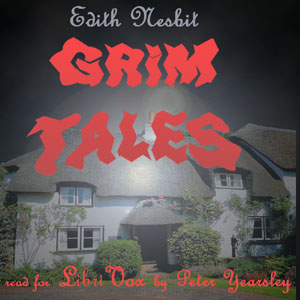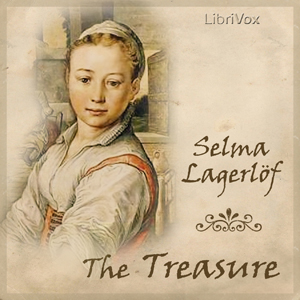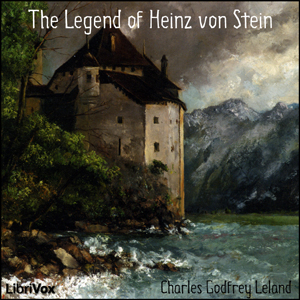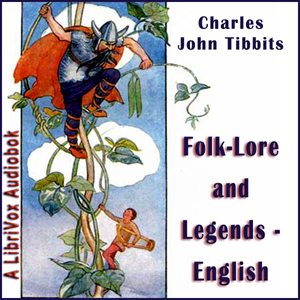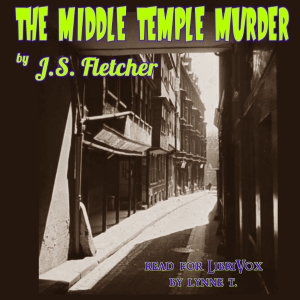Havelok the Dane: A Legend of Old Grimsby and Lincoln - Charles Watts WHISTLER
Charles Watts WHISTLER
Audiobook info
Comments (0)
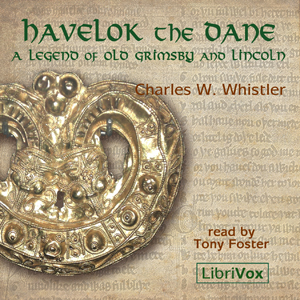
listen
Audiobook genre Action & Adventure Fiction / Culture & Heritage Fiction / Historical Fiction listen online
Author: Charles Watts WHISTLER
Added: 27-08-2022, 07:00
Views: 140
Troy, Athens, Rome... each has its founding legend. So too does the Lincolnshire town of Grimsby, once the largest fishing port in the world.
Havelok the Dane probably derives from a folk-tale, orally passed down before assuming written form - first in Anglo-Norman French, later in Middle English verse (c. 1280-1300). It tells of the rescue of the Danish prince from a wicked regent, who has tried to procure Havelok's murder. Grim the fisher, the appointed hit-man, thwarts the plan by spiriting the lad to England, where Grim settles with his family on the coast, adopting Havelok as his foster-son and naming the new community after himself.
C.W. Whistler's clever adaptation of the tale (published in 1899) draws on the various medieval sources. The English poem is particularly suited to 'novelisation'. It abounds in homely detail, and the hero's progress from half-dead waif to the triumphant fulfilment of his strength and kingly destiny makes a satisfying arc for the development of plot and character. At the same time, the legend's origins in oral performance are suggested through the choice of a first-person narrator, namely Grim's sober-sided son Radbard, whose plain-spoken account conveys something of the older saga tradition.
Our reader, the gifted Tony Foster, has worked and travelled in Scandinavia. His subtly-inflected narration brings a truly Nordic flavour to this re-creation of life in sixth-century Britain.
Since Charles Whistler published his novel, both Grimsby and its local heroes have been celebrated from time to time - by Elton John in his album Caribou (1974) and recently in a folk rock musical by local band Merlin's Keep (2014). (Introductory summary by Martin Geeson)
Havelok the Dane probably derives from a folk-tale, orally passed down before assuming written form - first in Anglo-Norman French, later in Middle English verse (c. 1280-1300). It tells of the rescue of the Danish prince from a wicked regent, who has tried to procure Havelok's murder. Grim the fisher, the appointed hit-man, thwarts the plan by spiriting the lad to England, where Grim settles with his family on the coast, adopting Havelok as his foster-son and naming the new community after himself.
C.W. Whistler's clever adaptation of the tale (published in 1899) draws on the various medieval sources. The English poem is particularly suited to 'novelisation'. It abounds in homely detail, and the hero's progress from half-dead waif to the triumphant fulfilment of his strength and kingly destiny makes a satisfying arc for the development of plot and character. At the same time, the legend's origins in oral performance are suggested through the choice of a first-person narrator, namely Grim's sober-sided son Radbard, whose plain-spoken account conveys something of the older saga tradition.
Our reader, the gifted Tony Foster, has worked and travelled in Scandinavia. His subtly-inflected narration brings a truly Nordic flavour to this re-creation of life in sixth-century Britain.
Since Charles Whistler published his novel, both Grimsby and its local heroes have been celebrated from time to time - by Elton John in his album Caribou (1974) and recently in a folk rock musical by local band Merlin's Keep (2014). (Introductory summary by Martin Geeson)
Listen 🔊 mp3 (mp3) audiobook "Havelok the Dane: A Legend of Old Grimsby and Lincoln - Charles Watts WHISTLER" in good quality in English completely free without registration on the best site booksaudio-online.com/en/
Listen to similar audiobooks:

